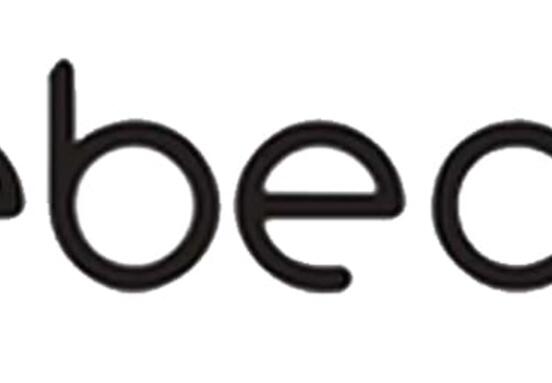Change management - this is the technical term on which everything depends. At least when it comes to relocating employees from classic office space to a paperless open-plan office without permanent seats. With extensive preparation, training and monitoring of the process, such a move would not be a problem, say companies that have implemented this model in their offices.
Architectural psychologist Christina Kelz knows that there are arguments against open-plan office space: "There are many studies that look at the desk-sharing model from a psychological perspective, and many find that employees lose identification . " For most, it is important to have a permanent job that they can personalize and personalize with personal belongings. "You then identify more with the workplace and with the company," says Kelz.
The photo of a wife and children, which was on the desk for years, is history in many places. How much such a change affects the employees also depends on the individual personality: "Introverted employees are much more difficult with such concepts than extroverts," says Kelz. And even older employees can often handle such a change, says the architecture psychologist.
Involving Employees
"The worst thing would be leaving people alone in such changes - they need management and organizational support, and they have to be involved in the restructuring process," says Kelz. In addition, it needs storage spaces in which each employee can store his personal things. Another and particularly important point in the open-plan office is privacy. "Also in the open-plan office it needs small-scale areas, in order to avoid noise and thus concentration difficulties."
The spokespersons of Microsoft and Erste Group assure that everyday life in the open-plan office works well - both companies have implemented the system of free choice of workplace. The main reason for this was that a large number of jobs in the traditional office environment before the changeover were not used. "Studies have shown us that 70 percent of the desks were unoccupied because the employees had appointments, so when they were in the house, they spent 70 to 80 percent of their time in meetings," says Microsoft spokesman Thomas Lutz.
Jobs for 80 percent
At Erste Group's new headquarters, the Erste Campus at the Belvedere, only 80 percent of employees now have jobs that meet the requirements of the Labor Inspectorate. "Overall, however, we have seats for 120 percent, and additional seating is available in the garden," says company spokesman Michael Mauritz.
"But critics say that these models are all about cost savings, because less space and infrastructure are needed," says psychologist Kelz. "Anyone who only spends the whole day in meetings anyway does not necessarily need a fixed desk."
According to the company spokesman, both Microsoft and Erste Group employees were extensively prepared for and accompanied by the changeover. Nevertheless, there are occasional inhibitions: "Some find it difficult to give up their own empire," says Mauritz. These employees are cared for by a team that tries to solve problems that arise.
Even at Microsoft, there are a few employees, "swim against the tide" and have again appropriated fixed jobs: "Not all can do without equally good," says Lutz, "but exceptions must be allowed as a company too.
(Source: derstandard.at, Bernadett Redl)







